“The Last of Us Part 2” Game Review – Offering Players Unsatisfactory Storytelling
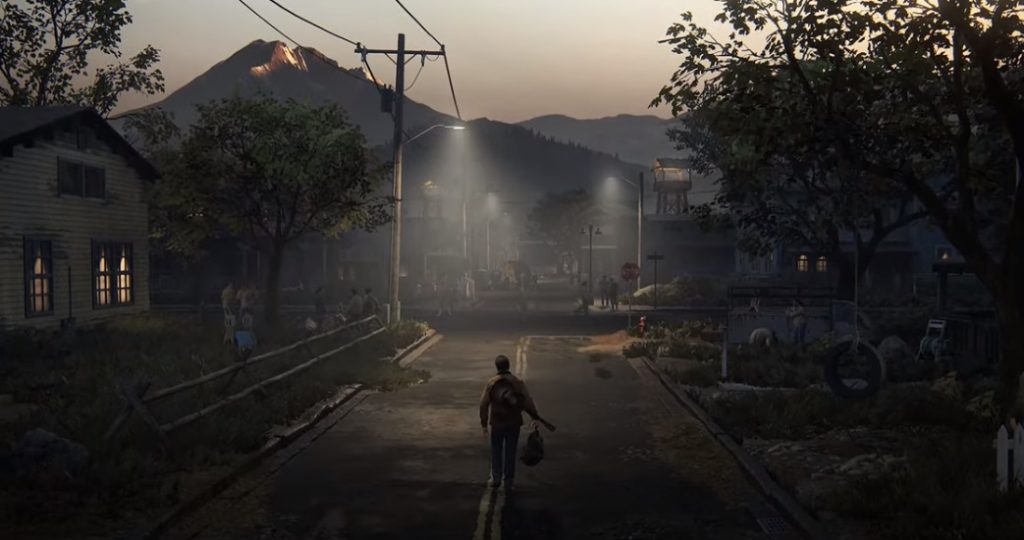
Now that everyone is able to finally play The Last of Us Part 2, let’s talk about the narrative choices the creative team decided to take. In my opinion, it’s an incredibly well-made game; however, the plot conveniences just can’t be overlooked.
This review of The Last of Us Part 2 contains major spoilers. It also only focuses on the storyline. You have been warned.
The Last of Us 2 has had a rough journey toward release. Major leaks hit the internet in April and, understandably, they made the fandom crazy. Developer Naughty Dog had to put out a statement to encourage fans to not take the leaks too seriously and how everything would make sense in the proper context.
While I wasn’t too upset about said leaks, the blatant homophobia and transphobia being spewed online by some people was very unfortunate to see. There’s a difference between not liking a storyline because of certain choices and not liking a story because it features more than one (fictional) queer character.
Anyway, now that I have played TLoU Part 2, I have to say I found many issues with the overall story. The game is amazing to look at. The graphics are impressive and I loved moving around the vast environments and experiencing the game’s mechanics. However, a pretty-looking game can only take you so far if the storyline fails to deliver. Due to the first TLoU (from 2013) being heavily story-driven, the poorly written narrative in the sequel was jarring.
I get what the writing team was trying to do. They wanted to offer a narrative that showcased how dangerous the cycle of revenge can be. Such a theme was a big part of the Naruto franchise, and, in my opinion, it was handled quite well in Naruto. However, I can’t say the same for TLoU Part 2 because the characters refused to grow because the plot insisted they didn’t.
It’s clear the plot made the characters do stuff instead of them acting in a manner that made sense. The biggest disappointment was how Joel died in the first couple of hours of the gameplay. Now, don’t get me wrong, I have nothing against Joel dying. In a sense, it was his time. But, I think the moment could have been handled much better than how it was.
Joel’s been shown to be a very smart survivor. Also, he doesn’t readily trust anyone. The same goes for his brother Tommy. That’s why seeing the two quickly lower their guard in front of Abby and her friends made no sense to me. Yes, Joel’s been living a comfortable life since the events of the first game, but living comfortably, in a world still surrounded by zombies, doesn’t mean you go around trusting strangers.
I could have (kind of) accepted Joel’s behavior if it was Abby who had saved him from a zombie horde, but that wasn’t the case. Joel saved Abby from dying and she still, after a few minutes, ended up killing him to avenge her father’s death. There was no moment exploring any kind of conflict she might have experienced when given the choice to kill the man who just saved her.
Seeing Joel and Tommy (both experienced survivors) act out of character to progress the plot made me roll my eyes. And then Abby, after killing Joel, decided not to kill Ellie and Tommy. You would think that Abby (someone who’s spent years searching for Joel) would have understood the importance of not leaving loose ends. The fact she thought Tommy and Ellie wouldn’t come after her for revenge was another senseless decision made because… you guessed it! The plot demanded it.
Another storytelling decision I didn’t like was how the writers wanted us to understand Abby’s past after she killed Joel. I think being forced to play as Abby would have had more of an impact if we got to know her before we saw her ending Joel’s life. I say this because the moment she took out Joel, she was done for in my eyes. So, instead of her story (including flashbacks to her younger self) making me feel bad about what she had to go through, Abby became an annoyance because I just couldn’t get myself to care for her after what she did so early on in the game. I think Abby’s storyline would have worked better if Joel’s death was shown later.
The narrative also had Ellie kill as many people as she could to track Abby’s whereabouts. Tommy also went to look for Abby, but we didn’t get to play as him. (I think the writers should have put players in Tommy’s PoV. Perhaps in a DLC?) Anyway, Abby again spared Ellie’s life and yet the story still didn’t allow Ellie to grow and learn. This led to Ellie, still consumed by revenge, going after Abby (again!) only for her to not kill Abby when she had the chance to do so.
There were moments when I wanted to yell, “Make a decision already!” at the game. Seeing certain characters be spared only for them to repeat the same mistakes was just poor writing, in my opinion. In the end, from what I can tell, Ellie lost everything because she couldn’t let go of her thirst for revenge. And, frankly, I’m like, “What the heck did I just play?”
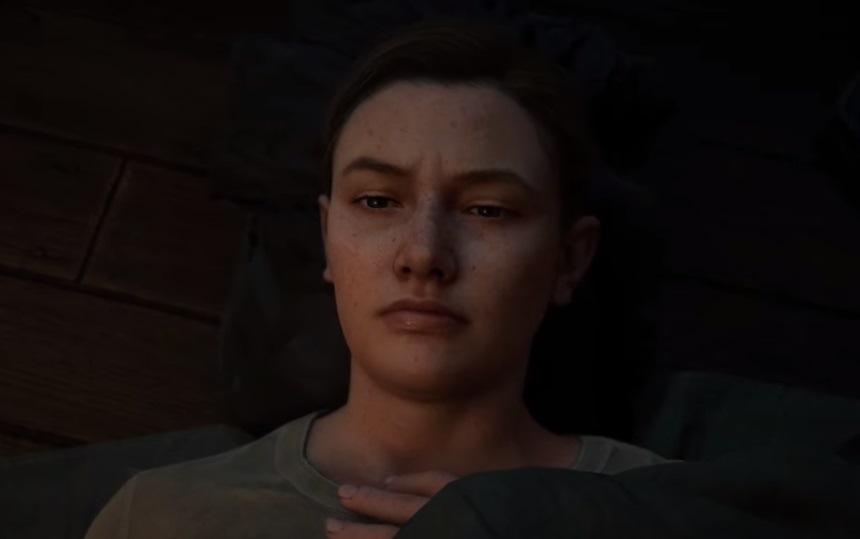
Games, even dark ones, are supposed to leave you with some sense of satisfaction. Telltale’s The Walking Dead is a good example. Even though Lee died, Clementine showed players that there’s still hope. You still got a sense of satisfaction after completing a highly emotional game (it made many people cry).
The Last of Us Part 2, on the other hand, didn’t satisfy me at all. It was as if I spent hours allowing the game to make me witness a slew of bad decisions as well as forcing me to play as a character I didn’t like. Maybe this title should have separated Abby and Ellie’s campaigns to give players some kind of choice?
I think the Game of Thrones series finale works here as an example. We all knew what was going to happen to certain characters when GoT ended, but the narrative felt rushed and was poorly handled for shock value (with the cast acting out of character to drive the plot). It left the greatly invested fandom unsatisfied.
The Last of Us Part 2 was similar, in my opinion. It’s a gorgeous game to look at and I understand what the story was trying to say, but ultimately the satisfaction level was just not there.
Feel free to share your thoughts with us.
Author: Farid-ul-Haq
Farid has a Double Masters in Psychology and Biotechnology as well as an M.Phil in Molecular Genetics. He is the author of numerous books including Missing in Somerville, and The Game Master of Somerville. He gives us insight into comics, books, TV shows, anime/manga, video games, and movies.
Help support independent journalism. Subscribe to our Patreon.
Copyright © The Geekiary
Do not copy our content in whole to other websites. If you are reading this anywhere besides TheGeekiary.com, it has been stolen.Read our

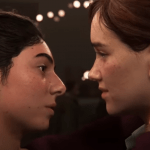
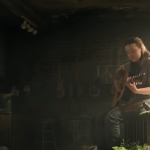

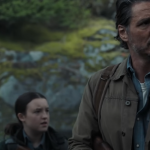

I agree. The LOUS2 had so much potential but was ultimately ruined by bad storytelling.
And for me personally, the loss of hope was just so depressing.
Yup. When the entire thing ended… with Ellie not being able to play the guitar anymore… I was like… Wow, so that’s it, huh?